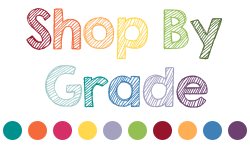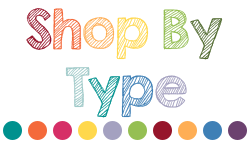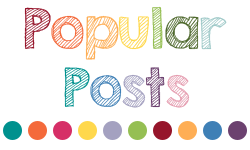
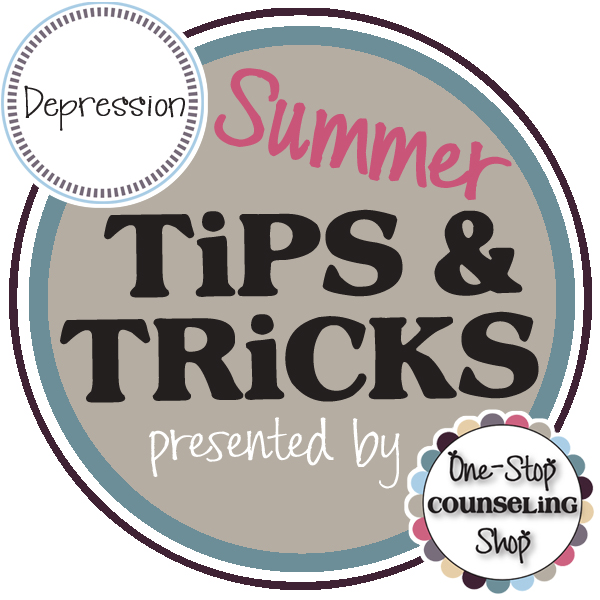
This summer, I’ve been writing a blog series focusing on several different disorders that affect children at school: ADHD, Autism, Bipolar Disorder, Depression, Anxiety Disorder, and ODD. Each entry describes the disorder, gives practical strategies for improving success at school, and also provides a few social-emotional goals and accommodations that might be appropriate for students with special education services!
Next up is Depression. Unfortunately or fortunately, Major Depression is one of the most common mental disorders and continues to become more and more common in school settings. However, even though it is becoming more and more common, many school staff still have a difficult time knowing what to do in order to help students with Depression. Major depression severely affects a person’s relationships, work or school life, sleeping and eating habits, as well as general health. It is characterized by episodes of all-encompassing low mood as well as low self-esteem and reduced interest in normally enjoyable activities. If left untreated, severe Depression can also lead to suicidal thoughts or actions.
Symptoms:
 The following symptoms are generally experienced for several weeks or months. If they are experienced following a major life change, death, or serious illness, doctors may diagnose Adjustment Disorder instead.
The following symptoms are generally experienced for several weeks or months. If they are experienced following a major life change, death, or serious illness, doctors may diagnose Adjustment Disorder instead.
- Very low mood thoughout all areas of live (children may experience moodiness or irritability instead)
- Decreased interest in previously enjoyed activities
- Thoughts and feelings of worthlessness, inappropriate guilt or regret
- Feelings of hopelessness, or that life keeps getting worse and worse
- In severe cases, symptoms of psychosis such as delusions or hallucinations
- Poor concentration and memory
- Withdrawal from social situations and activities
- Thoughts of death or suicide
- Physical complains such as stomachache or headache (very common in children)
- Changes in eating or sleeping habits
Suggestions:
- Contact the child’s doctor if medication is to be given at school to make sure you have up-to-date dosage and administration instructions. However, don’t tell a parent “your child needs to be on medication.” You can encourage them to talk about concerns they may have with their child’s doctor, but put your school in a vulnerable position if you start doling out medical advice!
- Encourage the student to get involved in extra curricular or sports activities in order to boost their confidence and self-esteem
- Acknowledge a child’s view of things as being true for them. Don’t tell them they’ll “get over it” or minimize their feelings and experiences as being “no big deal.” It’s a big deal to them!
- Teach students what different emotions “feel like” to their body to help them identify when they may be feeling depressed
- Help students to understand that emotions range from mild to intense and improve students’ vocabulary of various emotion words to express their feelings to others
- If parents approve, teach older students facts about what Depression is as well as statistics about the disorder to help normalize their experiences and help them feel less “weird” or “different.”
- Provide group or individual counseling-type services to help students combat several types of irrational thinking seen during times of depression. If you need materials, check out this Positive Thinking Pack.
- Take any threats or discussion of suicide seriously. If in doubt, contact your local suicide help line and be sure to contact the students’ parents.
- Attempt to meet students’ physical needs at school as much as possible (providing school supplies if their family cannot afford them, giving a quiet place to recollect themselves if they are having a rough day, etc.)
- Teach appropriate coping strategies by role playing appropriate ways to handle stress or anxiety
Sample Goals
- Given a real life or story scenario, Joey will increase his ability to recognize and label emotions in himself from correctly identifying happy, sad, mad, scared to correctly labeling embarrassed, overwhelmed, anxious, and frustrated.
- Given relaxation training, Max will improve his emotional regulation skills from yelling and becoming physically aggressive when upset to taking deep breaths, relaxing tense muscles, and moving to a quiet place when upset with no more than 1 adult prompt.
- Given instruction regarding Depression, Sarah will increase her knowledge of Depression from not knowing any information about it to listing facts regarding prevalence, symptoms, and treatment independently.
Sample Accommodations:
- Provide a private, quiet place for calming down when irritated or upset
- Allow students to use cue cards or other visual tools to express their feelings if they struggle with verbal expression
- Give breaks or extended time if you can tell the student is having a particularly difficult day
If you’re looking for activities for your students, check out my Anger and Coping Skills Card Deck, Positive Thinking Pack, and Social Skills Cards: Feelings Pack Freebie! You can also check out my Pinterest Boards for Feelings, Self Esteem, and Mental Health for even more ideas!
Thanks to Wikipedia for contributing to this article!

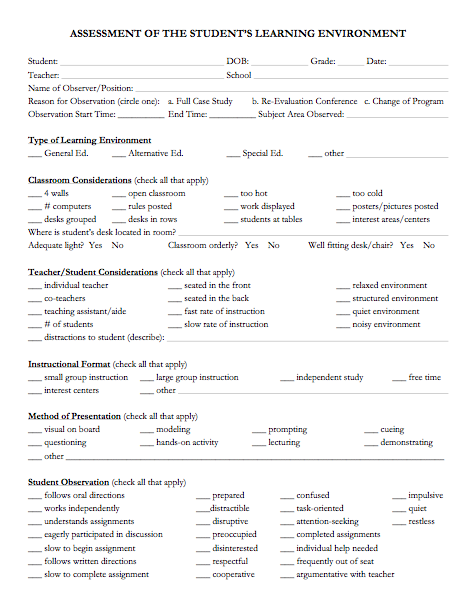
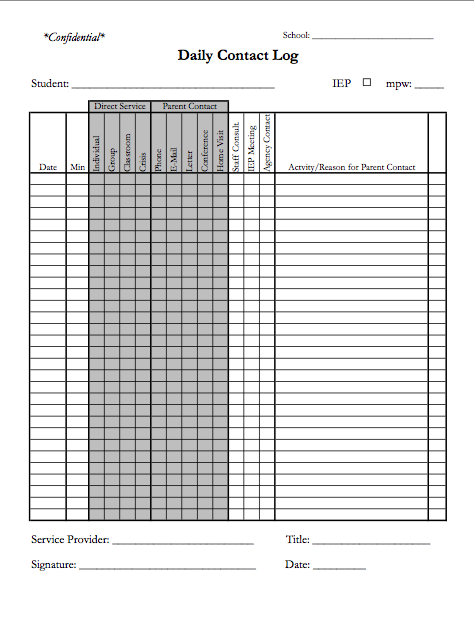
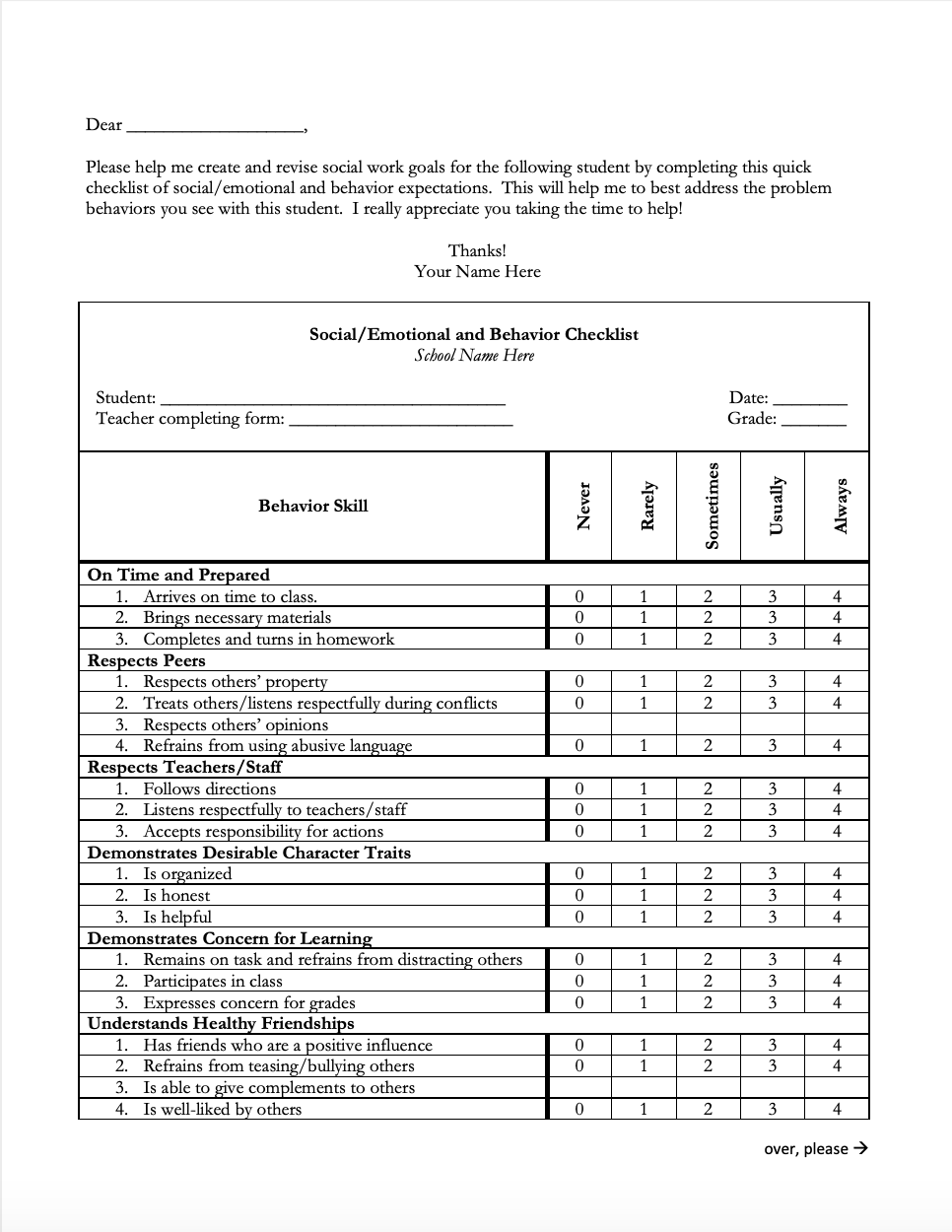




 The following symptoms are generally experienced for several weeks or months. If they are experienced following a major life change, death, or serious illness, doctors may diagnose
The following symptoms are generally experienced for several weeks or months. If they are experienced following a major life change, death, or serious illness, doctors may diagnose 
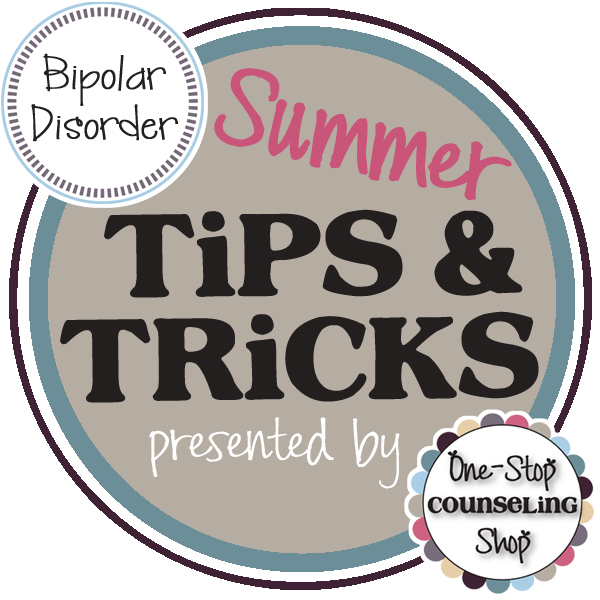
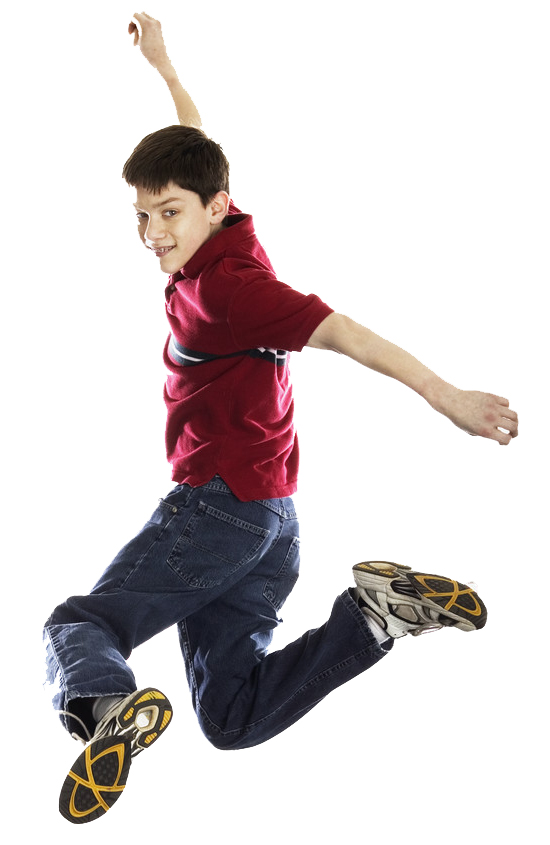 Mania Episodes –
Mania Episodes – 
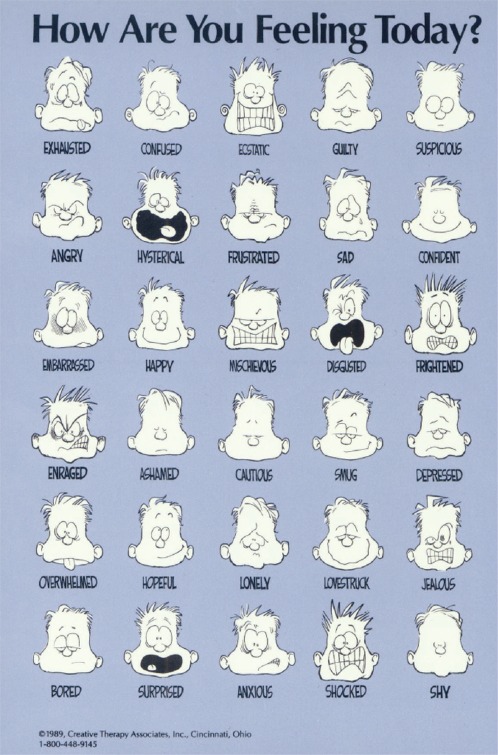 Teach students what different emotions “feel like” to their body to help them identify when they may be entering periods of (hypo)mania or depression
Teach students what different emotions “feel like” to their body to help them identify when they may be entering periods of (hypo)mania or depression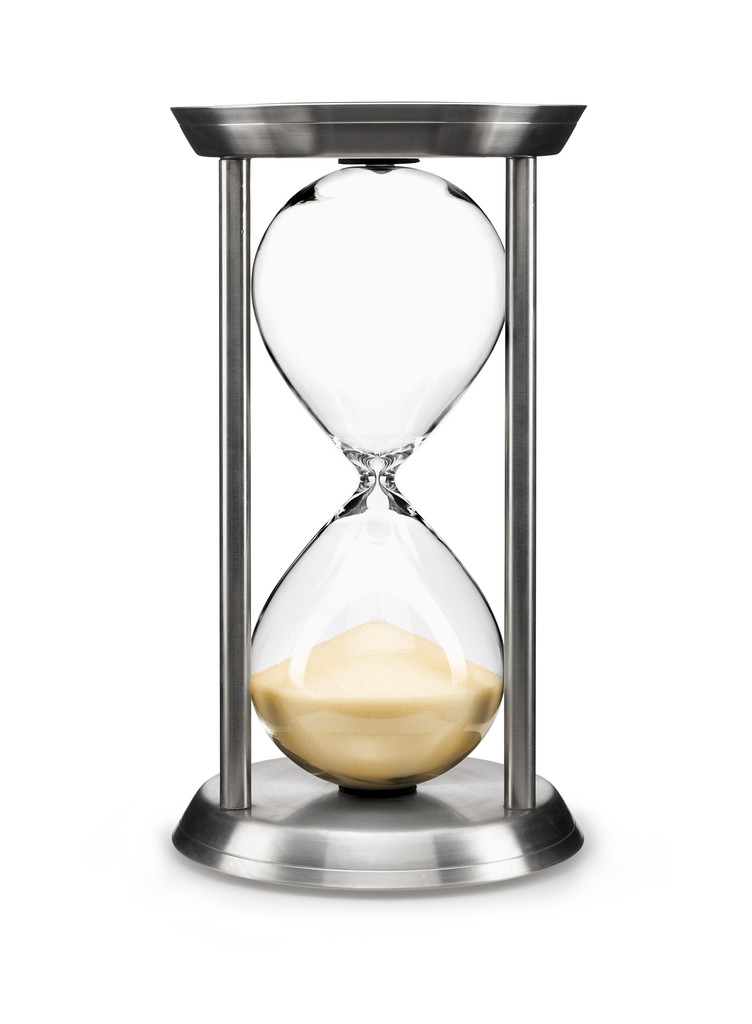 information about it to listing facts regarding prevalence, symptoms, and treatment independently.
information about it to listing facts regarding prevalence, symptoms, and treatment independently.


